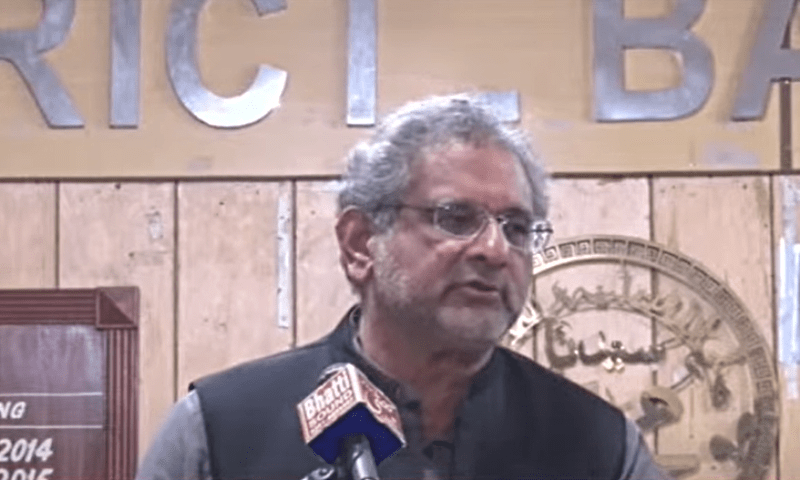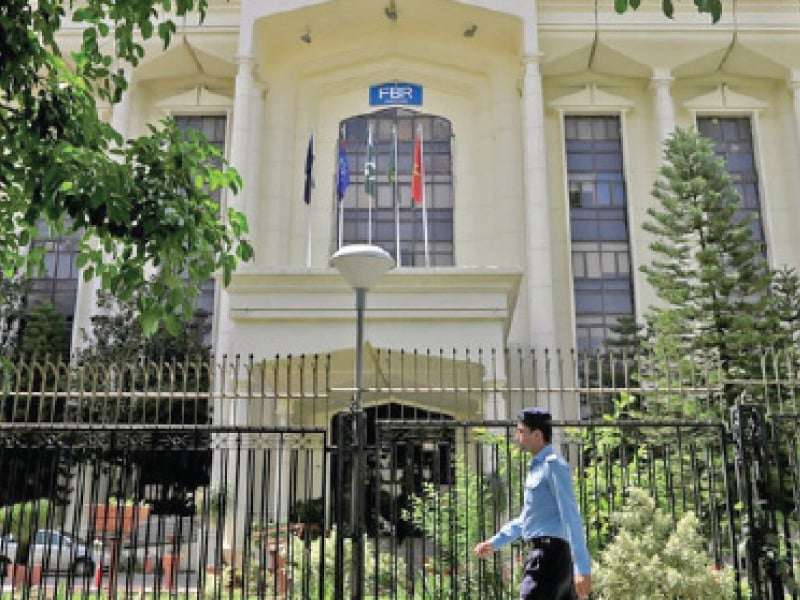ISLAMABAD: Pakistan has taken steps to reduce its payables for Chinese energy projects to $1.4 billion (approximately Rs391 billion) after committing to fully clear fresh invoices. This move may necessitate an additional budget or could slow down payments to other energy plants.
By the end of the first quarter of the current fiscal year, the arrears linked to the China-Pakistan Economic Corridor (CPEC) power projects had decreased slightly to Rs391 billion, reflecting a reduction of Rs10 billion (2.5%) compared to the outstanding liabilities at the close of the 2024 fiscal year. In dollar terms, these liabilities peaked at $1.8 billion less than a year ago due to delayed payments to these plants.
Concerns of Chinese Investors
The non-payment of energy costs and returns on equity to Chinese investors continues to be a significant concern for Beijing, particularly following the security of Chinese nationals. During the last meeting of the Joint Cooperation Committee (JCC)—the highest decision-making body of CPEC—Pakistan pledged to “achieve 100% tariff settlement for the invoices raised by Commercial Operations Date (COD) projects since FY2024.”
Currently, Pakistan is clearing approximately 88% of the invoices generated by 17 power plants with a total generation capacity of 8,020 megawatts. Achieving a full 100% payment ratio will require considerable additional resources; however, the budget lacks sufficient allocations to meet this commitment. Rather than establishing a revolving fund to protect Chinese plants from circular debt, Pakistan has created a revolving account with an annual allocation of Rs48 billion.
Dividend Payment Issues
Chinese investors have also encountered significant challenges in receiving dividends on their investments, which total around $16.3 billion. While the central bank claims to have cleared all outstanding dividend payments by the end of June 2024, Chinese companies contend that these payments have not been received.
Currently, 14 power projects under CPEC, with an installed capacity of 8,020MW, are operational, backed by an investment of around $16.3 billion. An additional 870MW hydroelectric power project, valued at about $1.7 billion, is under construction and expected to be commissioned next month. However, three power plants with a combined capacity of 2,100MW and a total investment of approximately $4.2 billion have yet to reach financial closure.
Challenges in Securing Future Loans
Pakistan is attempting to persuade China to extend loans for these three plants, but Beijing remains hesitant until the payment issues with already operational power plants are fully resolved. During discussions, Pakistan acknowledged that progress on the Azad Pattan hydropower project, Kohala hydropower project, and Gwadar coal-fired power plant has significantly lagged, particularly regarding financial closure.
Unfortunately, it is Pakistan that has breached CPEC agreements by failing to make timely payments for power purchases from Chinese plants. This has caused Sinosure to hesitate in financing new projects, including a coal-fired power plant and two hydroelectric power plants.
As of September 2024, outstanding dues payable to Chinese power plants total Rs391 billion, a decrease of Rs10 billion (2.5%) from the previous year. Key liabilities include Rs80.2 billion owed to the Sahiwal coal-fired power plant, Rs66.3 billion to the Hub coal-fired power project, Rs82 billion to the Port Qasim coal-fired power plant, and Rs62.5 billion to the Thar coal project.
Debt Restructuring Efforts
Islamabad has also sought to engage Beijing in discussions regarding energy debt restructuring, but China did not agree to sign any memorandum of understanding during the recent visit of the Chinese prime minister. Background discussions revealed that Chinese companies are opposed to plans that would reduce profit margins or renegotiate the power purchase agreements established in 2015.
Additionally, receivables for other projects are substantial, including Rs38.8 billion owed to the Engro PowerGen plant, Rs16.6 billion for the Matiari-Lahore Transmission Line project, and nearly Rs12.6 billion for the Karot power project. Payables for Thar Coal Energy Limited have reduced to Rs2 billion, while ThalNova’s are at Rs1.6 billion, and the UEP power plant’s receivables stand at Rs5.5 billion.
ALSO READ:
https://flarenews.pk/2024/10/26/players-celebrate-pakistans-historic-test-series-win-over-england/


